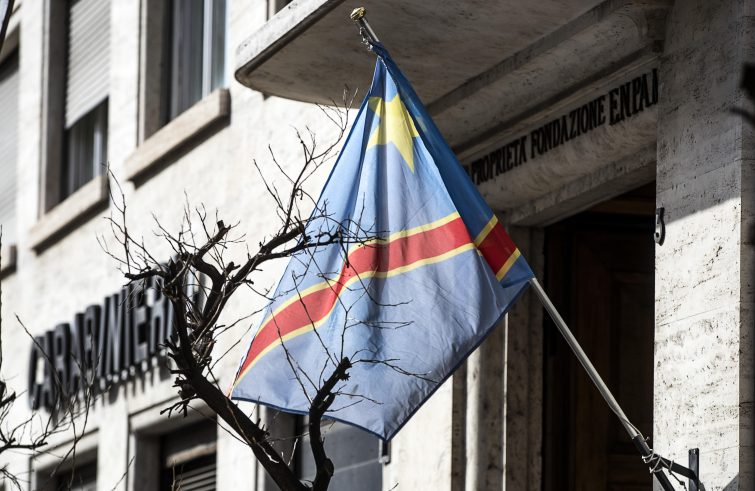
“Killings are reported every day in Butembo-Beni, atrocities are being committed, people are dying like flies”, Father Robert Kasereka Ngongi, diocesan priest of Butembo, North Kivu, where the Italian Ambassador to the Democratic Republic of Congo Luca Attanasio was killed today, alongside Vittorio Iacovacci, the Carabiniere who was escorting him and the Congolese driver of the World Food Programme (WFP) after their convoy was attacked, is saddened but not surprised. The ambassador and the soldier were travelling in a car in a convoy of Monusco, the United Nations organisation stabilisation mission in the Democratic Republic of Congo. The seven-member convoy was victim of an ambush in Kibumba, near Goma. According to local sources, the assailants led them into the forest where they were killed in a gunfight between the armed group and the park rangers. The other four hostages survived, some of them admitted to hospital. The convoy was travelling from Goma to visit a WFP-run school feeding programme in Rutshuru, one of the many programs to combat child hunger and malnutrition in the area.
An extremely dangerous road. The road on which the convoy of the Italian ambassador was travelling is extremely dangerous, a frequent site of violent attacks.
“Important persons are frequently kidnapped on that road and ransom money demanded,”
the Congolese priest told SIR. “Maybe they saw a white man and thought it would be a means of obtaining money.” Two of his confreres from the diocese of Butembo-Beni – Fr Charles Kipasa and Fr Jean Pierre Akilimali – were kidnapped on 16 July 2017 in the parish of Mary Queen of Angels in Bunyuka, there has been no news of them for a long time now. Father Robert took charge of the case himself: ‘We paid out money initially but we don’t know if they are still alive.”
Decades of violence and instability. Atrocities and unrest have been rife in these north-eastern regions of DR Congo for decades, carried out by ruthless armed groups, probably serving foreign powers competing for the area’s mineral resources.
Coltan, gold and diamonds above all, as well as the fertile land with its crops of coffee and cocoa, the forests used for charcoal wood, inhabited by mountain gorillas.
Yet it is only mentioned when Westerners are involved. “Since the war in Rwanda in 1994, when so many refugees arrived in North Kivu, the situation has remained the same: killings, kidnappings, houses and villages set on fire, violence against women”, said Father Robert. The local Church, the Combonian missionaries, addressed the situation with countless appeals in the past. But they all went unheeded. The priest cannot explain why there was no earlier intervention to prevent the assaults and violence, despite the presence of UN forces (Monusco). Moreover, “the military and armed groups are accomplices. Sometimes items that were looted in the villages are found in the soldiers’ barracks.”
Atrocious cruelty. “The killers often circulate photos of the massacres as evidence of the savagery they are capable of,” he said. “People get scared and flee. Thus other people take over their lands and crops.” Over 2,700 people have been killed in Beni and Lubero since 2014. According to the priest, at least 500,000 inhabitants of Butembo and Beni, the majority of whom belong to the Nande ethnic group, have fled, seeking refuge in the homes of family and friends in other cities in Congo. Rwandans now populate the area where the indigenous population used to live.
It can be compared to a Wild West to conquer territory and resources. Raw materials are exported (coltan in our mobile phones) and local inhabitants are exploited in mining activities, working in inhuman conditions. It is believed that the armed groups are foreign-financed, as there are those who profit enormously from the situation. But this too is nothing new. “How can Rwanda be a leading exporter of coltan, gold and diamonds and not have those minerals on its territory?” the priest remarked:
“They use armed groups to gain control of the mines, force our people to work like slaves, and then it all goes outside the country. Violence and crime are seen as collateral damage.”
The appeal: “Serious and independent enquiries.” The bishop of the diocese of Butembo-Beni, Monsignor Melchisedech Paluku Sikuli, has been constantly calling for help and demanding justice. The same appeal was repeated today by his diocesan priest, who has been studying in Rome for the past three years: “Serious and independent enquiries are needed to determine who is responsible for what. This is the main question.”










